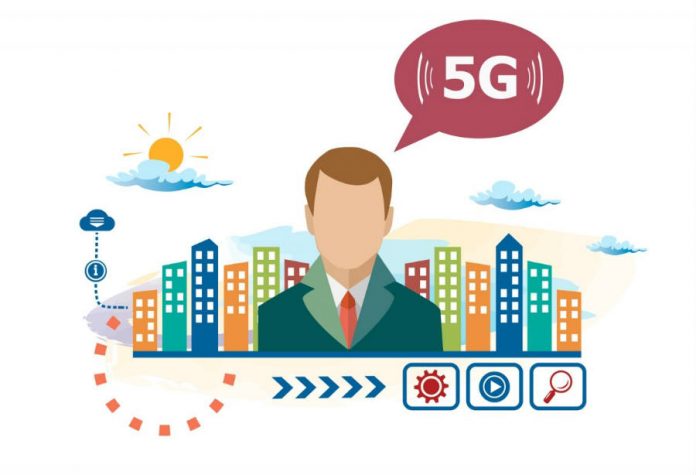
The Federal Communications Commission issued an official notice this Monday, August 8, announcing they had reached a joint agreement with other organizations to allow the deployment of 5G technology. The group wants to establish the necessary technology to formal start the 5G mobile network testing.
More specifically, the Wireless Telecommunications Bureau of the federal agency struck the deal along with the Advisory Council on Historic Preservation and the National Conference of State Historic Preservation Officers.
The announcement follows the approval of a regulatory framework back in mid-July which set the foundation for the technology to begin widespread testing and adoption.
The agreement contemplates a reduction in deployment cost and time by skipping regulations related to the preservation of historic sites. The three offices agreed to approve early testing and installation of technology for network infrastructure as long as the historic sites do not suffer any damage.
The Internet of Things needs 5G networks to be fully operational
The current standard for wireless connectivity platforms on mobile devices is, mostly, 4G and LTE, with a strong presence of 3G systems on developing economies and remote locations.
5G technology is expected to roll out near the ending of this decade or shortly after 2020. The United States and the United Kingdom are currently spearheading the movement toward the broad adoption of 5th generation mobile networks.
Among the features 5G will reportedly bring to mobile devices are faster Internet speeds, better coverage, and improved signal stability. Furthermore, the mobile system will reportedly be able to support truly innovative tech compatibility, as it is conceived to enhance connectivity to make it seamless and near-absolute among different networks and devices.
The concept for 5G is designed with technology like “the internet of things” in mind. To achieve such a feat, the platform for the 5th generation of wireless systems thinks bigger, intending to comprise everything from wearable devices to home assistants, as well as supporting new network technologies like Li-Fi.
With the new 5G rules, the U.S. could release the technology this decade
The preliminary regulatory framework approved and in place adds up to the green light for initial testing and building, the United States is pushing the world forward toward the future of mobile communications.
Telecom companies and carriers like AT&T and Nokia have partnered up to begin 5G testing in selected locations, whereas the mobile giant Verizon has recently finished working on a standard framework for next-generation devices to work properly with the upcoming technology. Furthermore, T-Mobile will join the race later this year as it will begin trials on the new platform.










